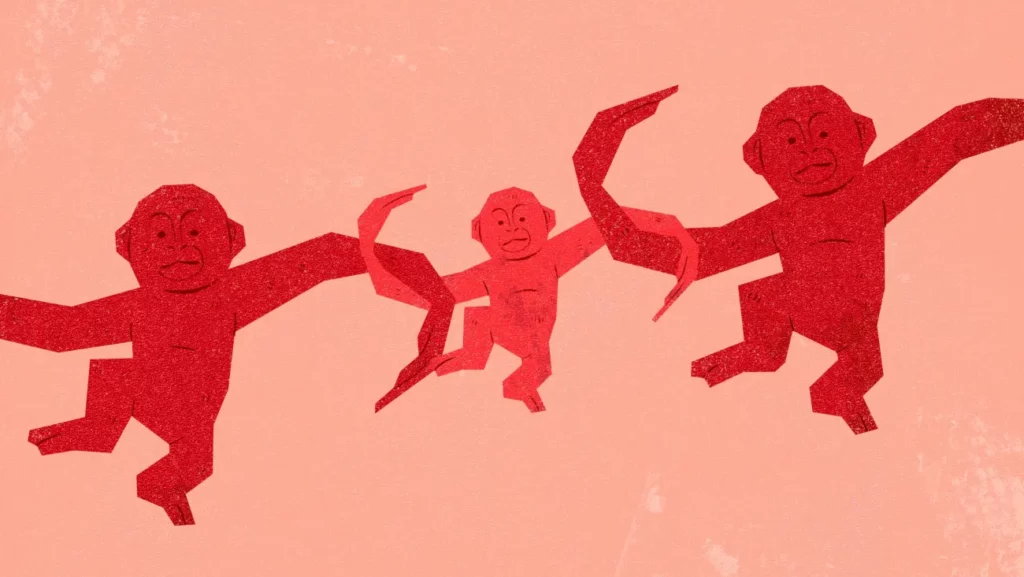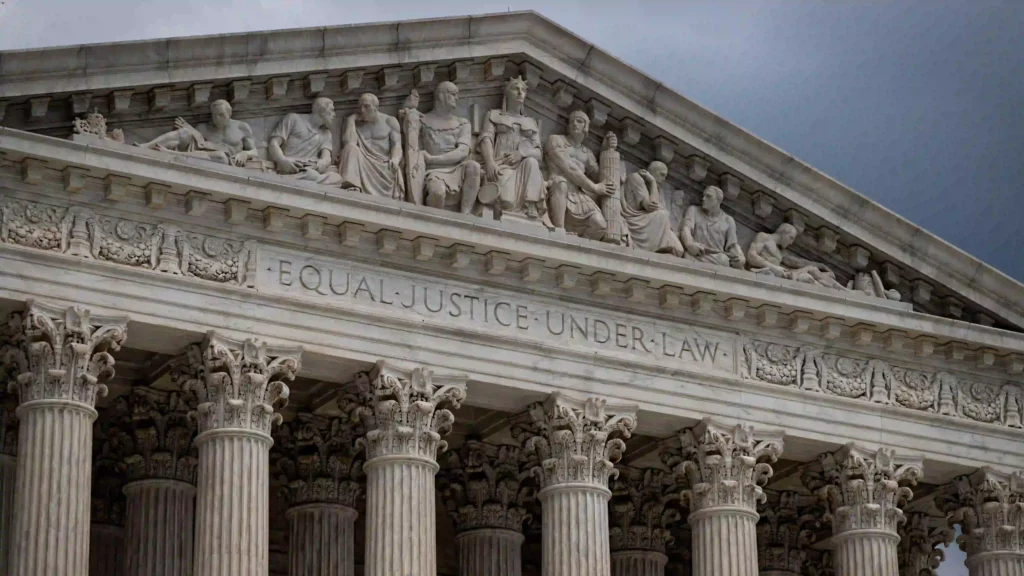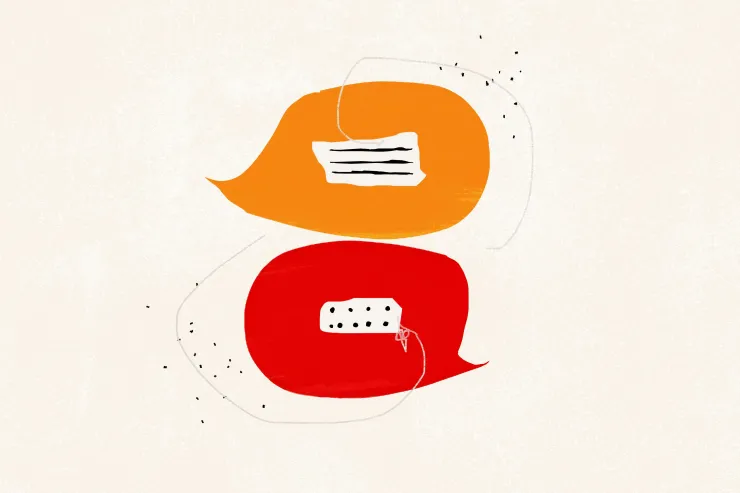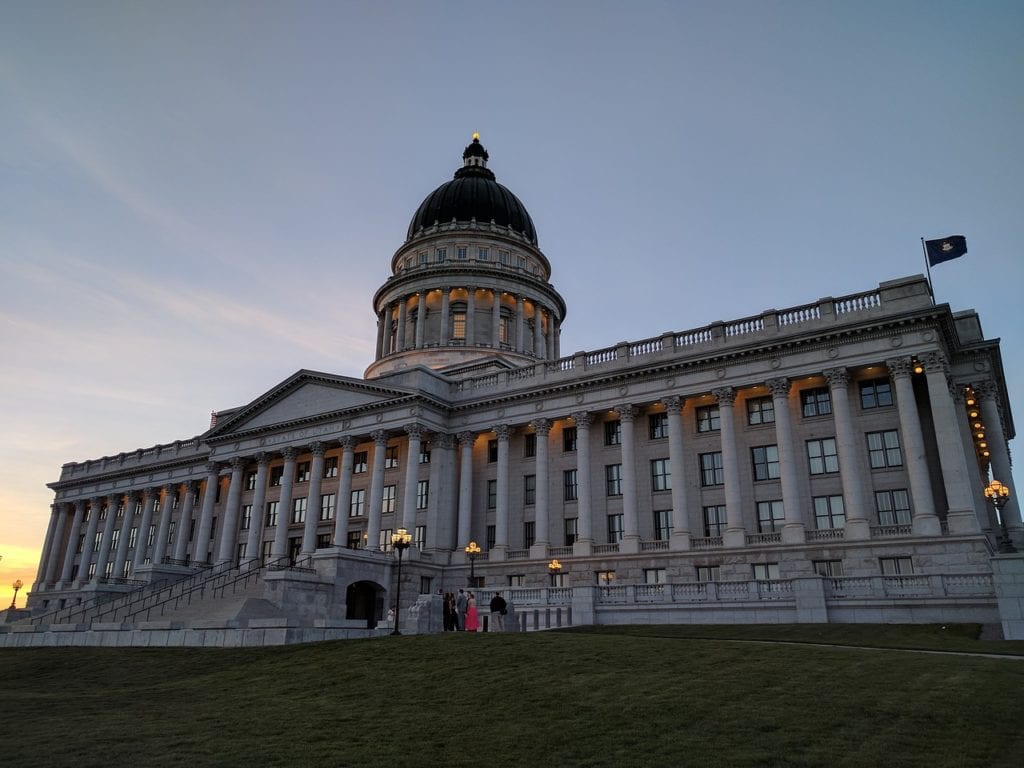

Insights & Takeaways is Sutherland Institute’s official blog that informs the public and policymakers alike. The blog addresses important issues through the two distinct yet complementary lenses of the seasoned policy professional and the engaged citizen.
 Insights: analysis, research, and informed commentary from Sutherland experts. For elected officials and public policy professionals.
Insights: analysis, research, and informed commentary from Sutherland experts. For elected officials and public policy professionals.
 Takeaways: the most important things voters need to know. For civically engaged citizens.
Takeaways: the most important things voters need to know. For civically engaged citizens.
Amicus briefs: What they are and how they impact court cases
As part of the legal process, the amicus brief plays a pivotal role in ensuring adequate attention is brought to every facet of the case.
A success story: Using Junior Achievement in home-school co-ops
Several Utah families have incorporated an annual hands-on entrepreneurial experience into their homeschool co-op through JA, and it's become a highlight for students and parents alike.
Anti-Israel protests, children’s access to obscenity show difficulties of finding clear free speech limits
Supreme Court’s protective rulings on free speech have not resolved every area of controversy, as ongoing issues illustrate.
For kids, marriage still matters
We should be teaching the ‘success sequence’ in public schools. Research has proven marriage’s value.
From the archives: Be thankful for religious freedom (and the not-so-uniform Pilgrims)
Thanksgiving is an appropriate occasion to talk about religious freedom. The Pilgrims’ baby steps toward religious toleration have had surprising but welcome ramifications through the last four centuries.
America’s experiment with free speech
America’s First Amendment right to free speech is part of the nation’s way of life, but it does come with some boundaries.
The history behind ‘shouting fire in a crowded theater’ and other free speech phrases
During the 20th century, after some conflicting court opinions, a phrase used by Justice Oliver Wendell Holmes was modified to create the expansive protections of speech we know today.
Why ‘Chevron deference’ raises serious concerns about the separation of powers
If one person or a group of people can independently exercise all government powers, power is concentrated and unchecked.
The evolution of free speech in America
Free speech issues have evolved since the court’s early cases, but how the courts evaluate First Amendment conflicts has not.
Employer FAQ: Pregnant Workers Fairness Act
The new federal law aims to protect pregnant women from workplace discrimination. Here's what employers need to know moving forward.
Changing the narrative on religion and the LGBTQ community
Church members of all stripes should feel comfortable engaging in conversations about faith with their LGBTQ brothers and sisters.
Utah’s middle class – where it stands and why it matters
Policymakers should pursue principled approaches that help facilitate pathways to – and affordability within – a middle-class life in Utah.
A success story: home-schooling connection with LiftEd
Mother of five who spent a lot of time searching for education options says the platform’s support allows her to home-school while also being able to keep up with other aspects of family life.
Supreme Court clarifies religious practice rights in 2 cases
The decisions involve the Civil Rights Act and free speech rights.
Economics: What have families got to do with it? A lot
If families are the primary driver of Utah’s economy, then economic policy is family policy and vice versa.
Why did Supreme Court decline Colorado religious school case?
A couple of possibilities: It agrees with lower courts that a trial is needed, or it seeks to ensure consistency and rule of law.
Q&A: American Heritage School’s LiftEd platform for home-schoolers
Private school that incorporates teachings of The Church of Jesus Christ of Latter-day Saints recently launched online platform that has created a more parent-driven education model for home-schoolers.
History of parent-driven education: Part 2 – From the common school movement to the mid-1990s
As public schools became the norm, more intensive parent-driven versions of education became less prevalent in American life.


















